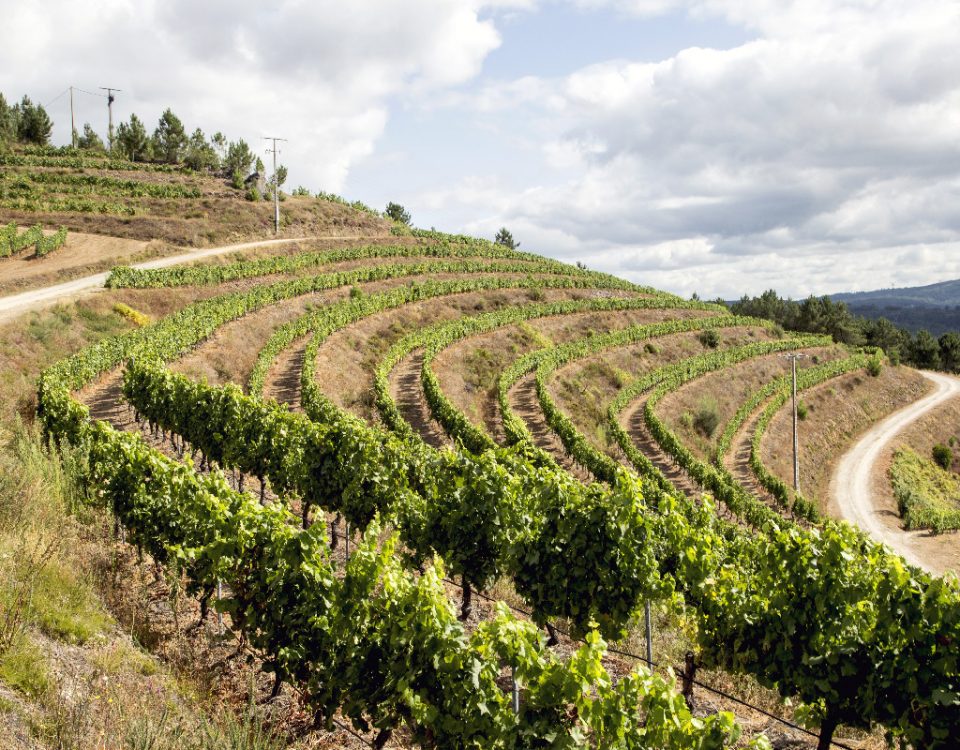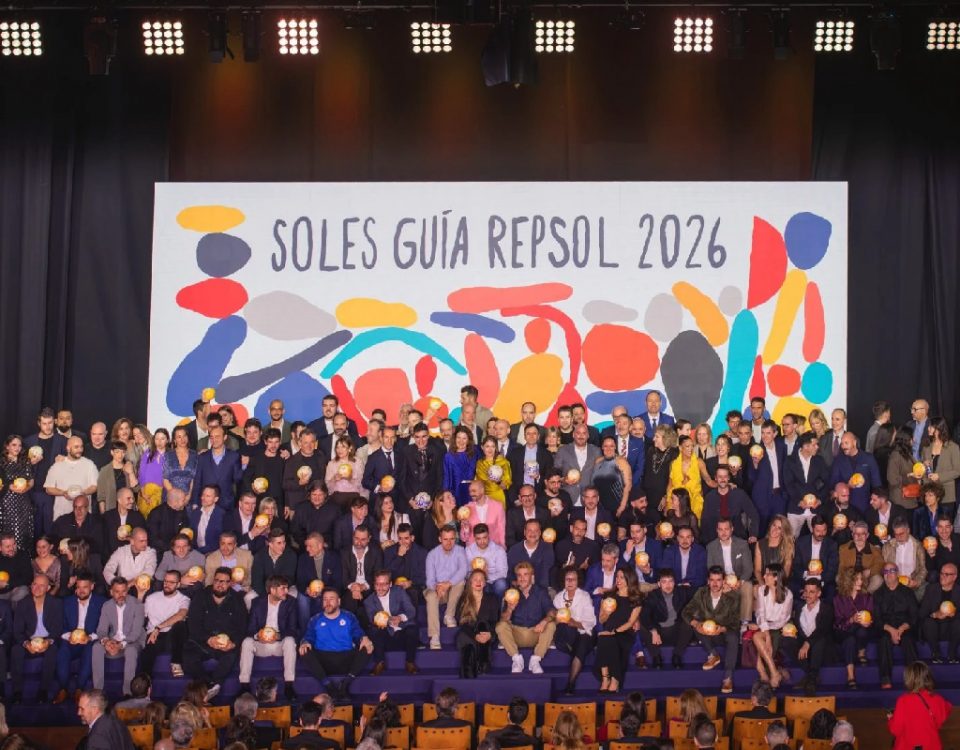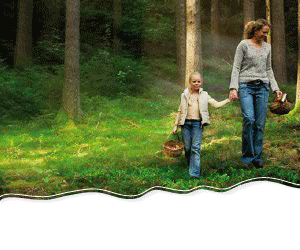- El mejor turismo de galicia
Galicia leads the European strategy to promote sustainable tourism use of cultural heritage
Galicia leads the European strategy to promote sustainable tourism use of cultural heritage
On the occasion of the commemoration of the European Year of Cultural Heritage in 2018, Galicia is leading the design of what will be the European strategy that encourages debate and proposes action plans to ensure the sustainability of European cultural heritage tourism.
As leader of the NECSTouR’s cultural tourism working group, the Network of European Regions for a sustainable and competitive tourism, Galicia is deepening all the planning foreseen for next year with a view to seeking a common tourism and culture policy in the European Union and a strategy to help position tourism as “an allied sector” of a cultural heritage that “can be enjoyed while being protected and enhanced”.
To this end, the actions seek to ensure that the more than 60 members from nine countries that form part of this European network draw up and sign a manifesto that will deepen tourism as a factor in enhancing heritage and strengthening the sense of belonging of citizens while promoting economic growth and job development in the regions where it is practised.
Meetings in Fitur
A calendar of meetings is also planned between the member regions which will begin next January during the International Tourism Fair (Fitur) and which will continue on other key dates of the tourist calendar.
Galicia will have the opportunity to share experiences of good practices carried out in the Galician Community, where the tourism model “planned through the Galician Tourism Strategy 2020 works to ensure the preservation of particularly sensitive areas and the preservation of their authenticity and heritage values”.
In fact, out of the 240 million euros of the Strategy’s budget, most of it is earmarked for issues relating to sustainability in the territory. In addition to sharing good practices, all of them will form part of a catalogue that will make it possible to design future actions. It will also deepen the role that cultural tourism is playing in reducing seasonality and in redistributing tourism flows and attracting visitors that generate sustainability.
In the same way, and in order to find common solutions to current challenges, the diffusion of heritage in schools and its new uses will be promoted, helping to reinvent old spaces under quality standards. Strategic alliances will also be sought with European tourism institution









